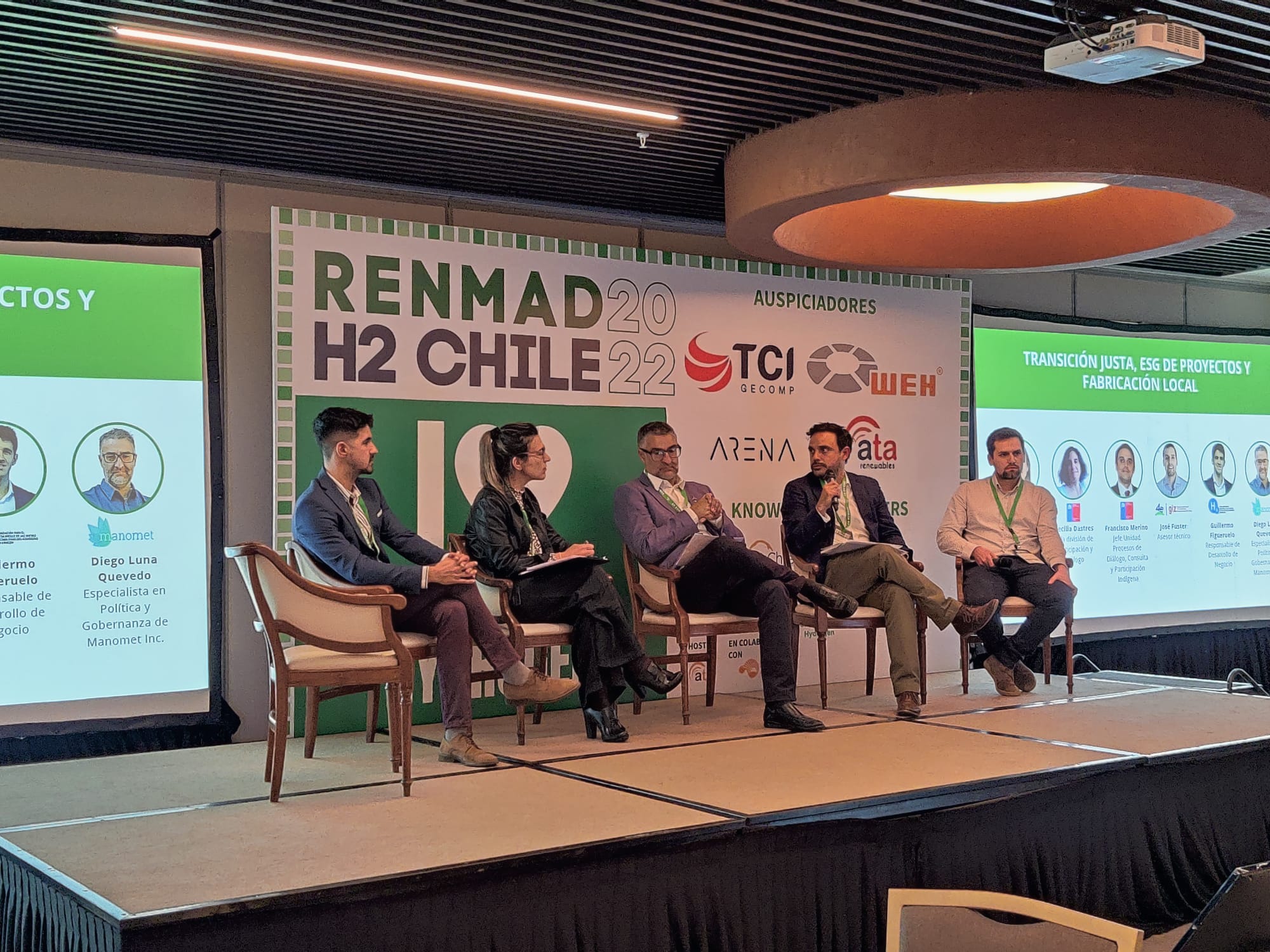
by FHa | Oct 26, 2022 | Events, Press releases
We highlighted our hydrogen projects in RENMAD H2 Chile 2022, as a major component for the energy transition. During October 7 and 8, the event RENMAD H2 Chile 2022 was held, where we were present with the representation of Guillermo Figueruelo Malo, head of business...
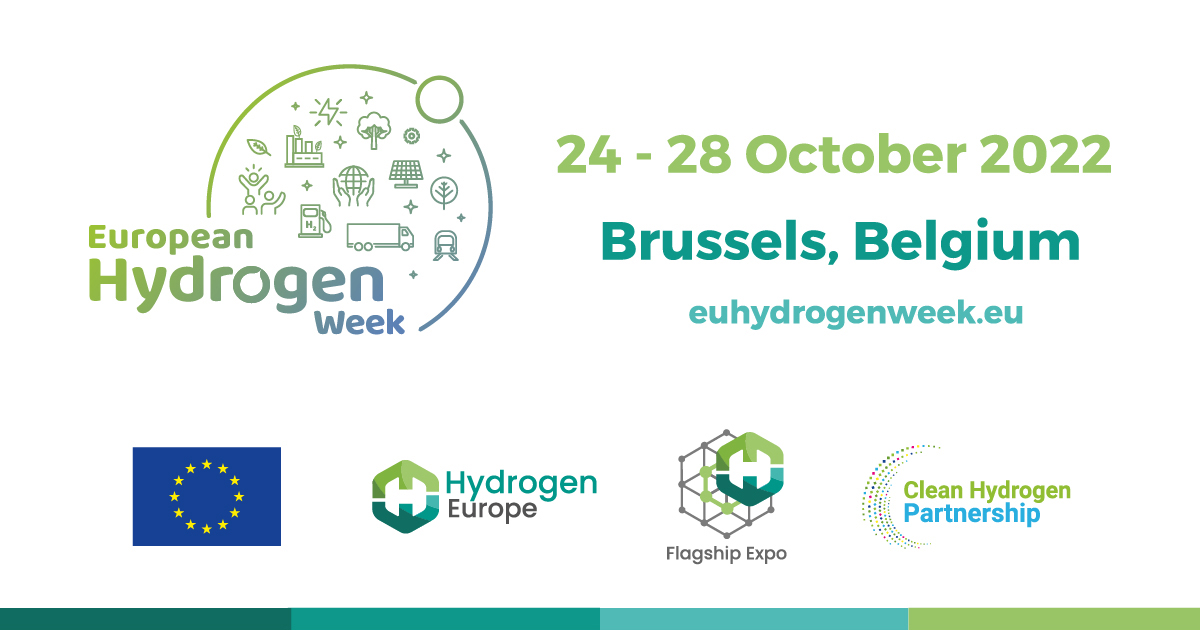
by FHa | Oct 17, 2022 | Events, Press releases
Ready for the European Hydrogen Week 2022. The third edition of the European Hydrogen Week will take place from 24-28 October 2022 and Hydrogen Europe & Expo’s flagship event is part of it. of it. European Hydrogen Week is the largest annual event dedicated...
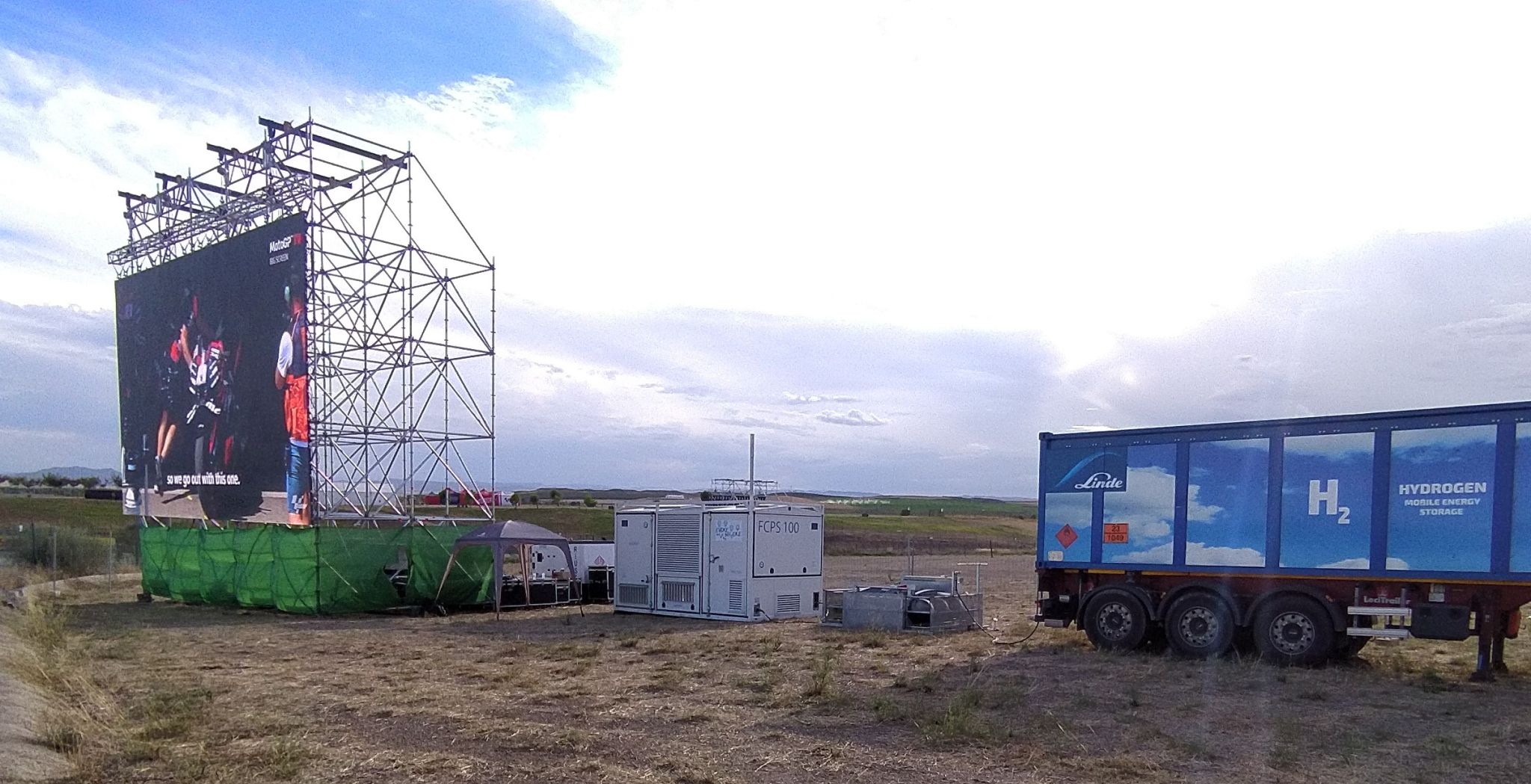
by FHa | Sep 19, 2022 | Events, Press releases, Projects
EveryWh2ere, protagonist project at the Animoca Brands Aragon MotoGP Grand Prix. During the 16th, 17th and 18th of September, the Motorland circuit in Aragon took place and our Innovation team stood out with the installation of one of our projects. The giant screen...
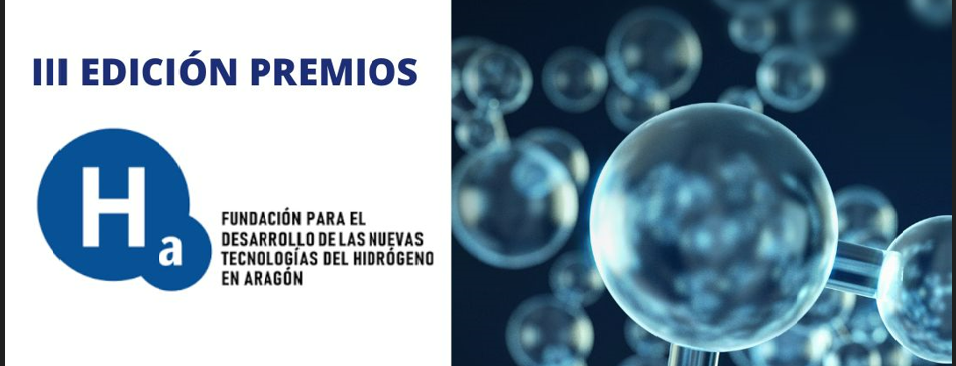
by FHa | Aug 22, 2022 | Press releases
III Edition of the Hydrogen Foundation 2022 Awards. The Foundation for the Development of New Hydrogen Technologies in Aragon has announced the third edition of the awards for the best Doctoral Thesis, the best Master’s Thesis and the best Bachelor’s...
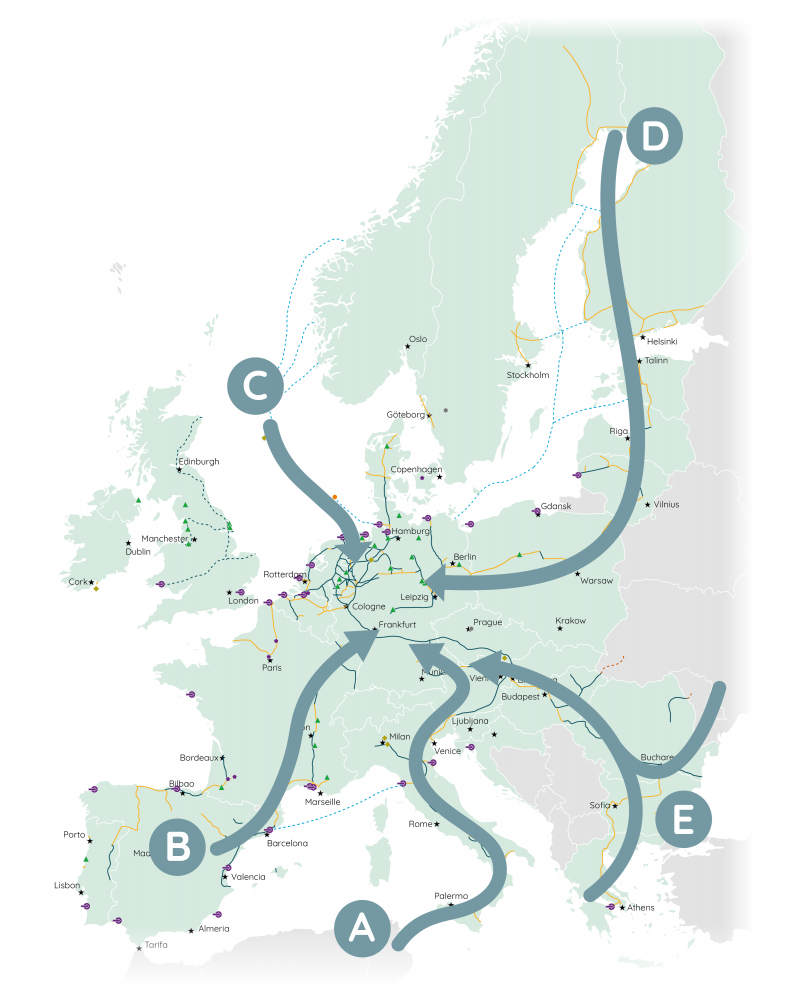
by FHa | Jul 6, 2022 | Press releases
Five potential hydrogen supply corridors are published by European Hydrogen Backbone (EHB) To deliver the accelerated 2030 hydrogen demand & supply targets set by the REPowerEU plan, five large-scale pipeline corridors are envisaged. These corridors will play a...
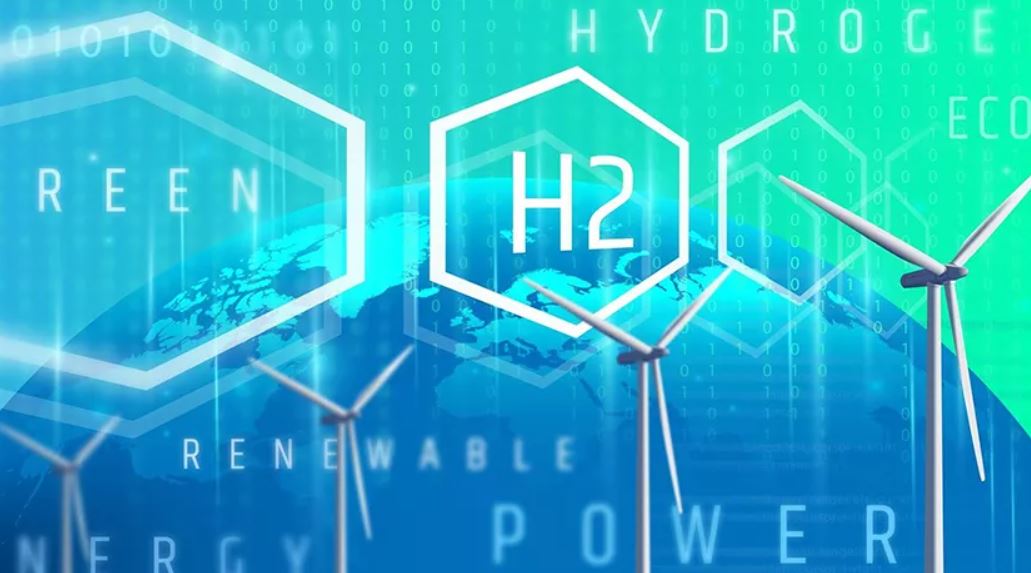
by FHa | May 31, 2022 | News, Press releases
Renewable hydrogen consumption would increase by 2030. On 18 May, the EC presented its REPowerEU Plan in response to the natural gas supply challenges and global energy market disruption caused by Russia’s invasion of Ukraine, disclosing further details on the...









